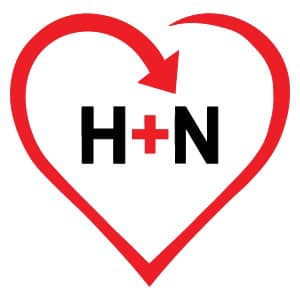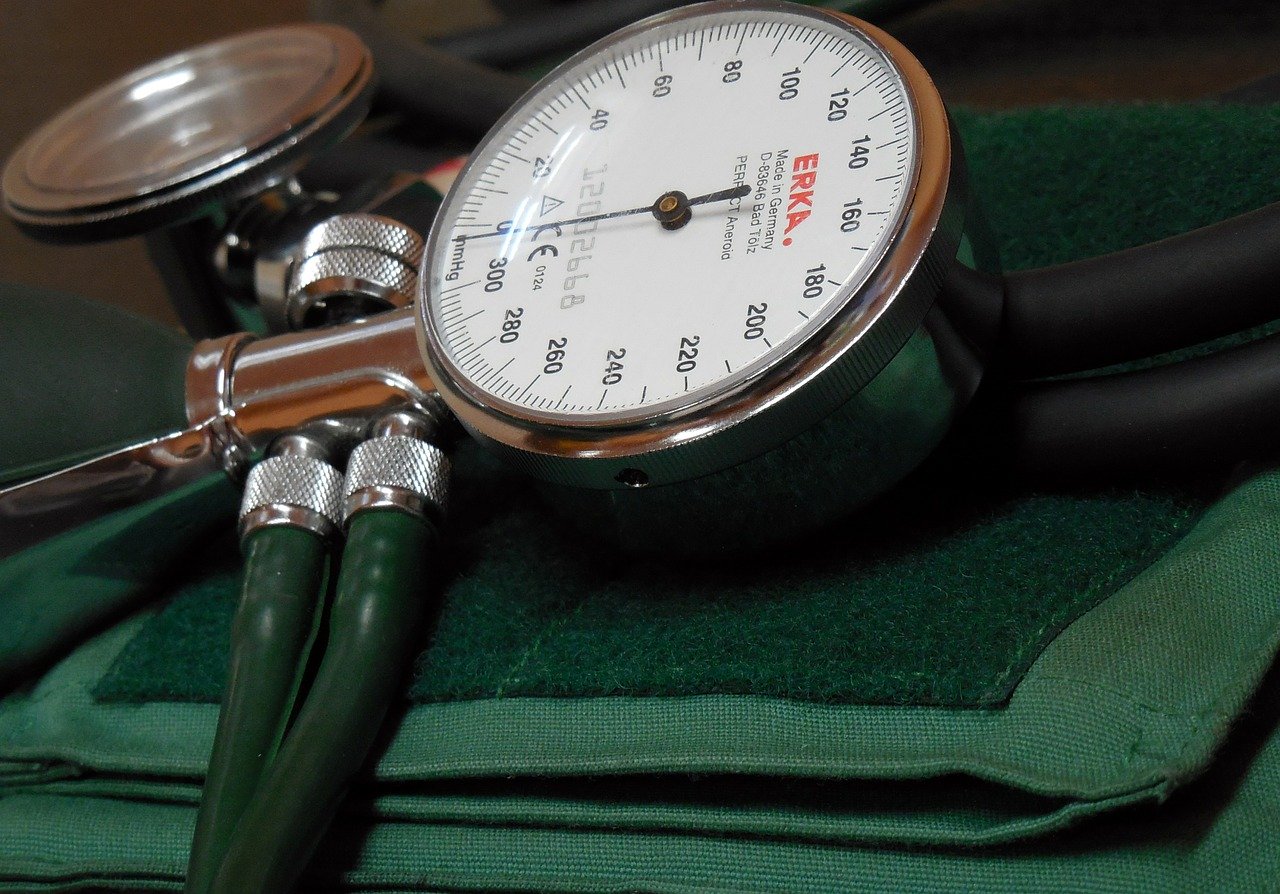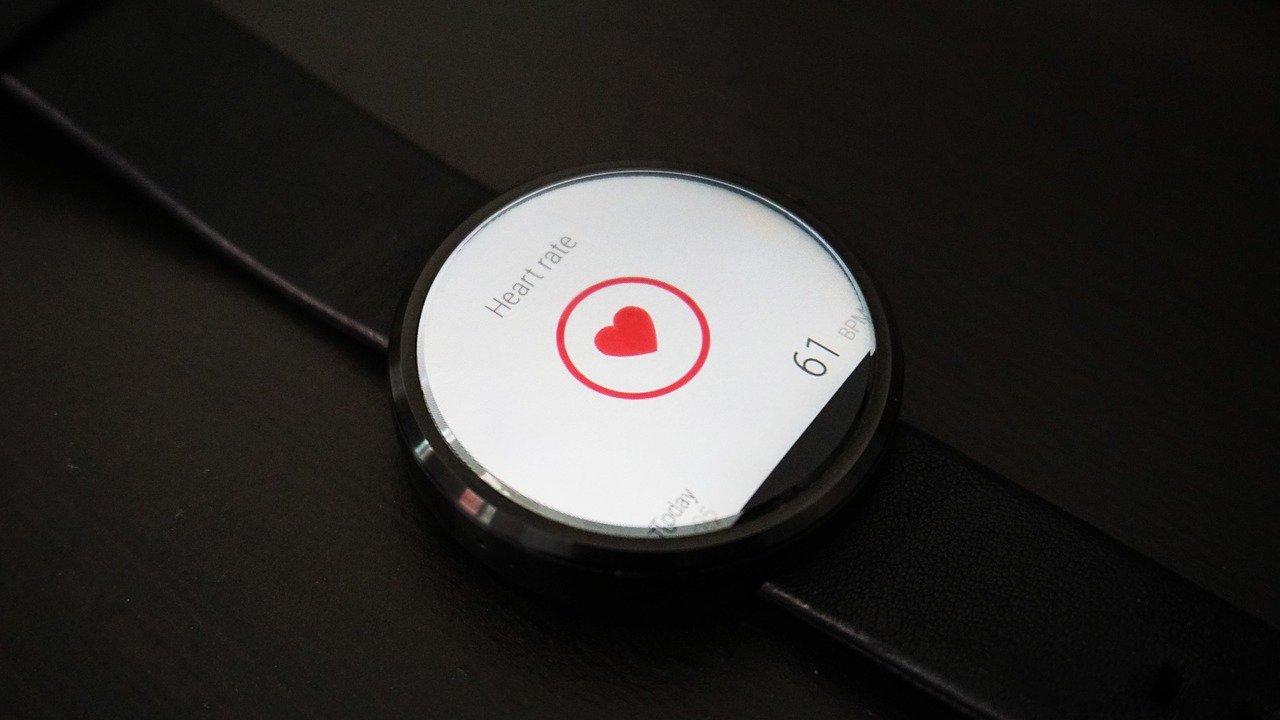Hypertension is a very serious condition that puts a great deal of stress on the heart and other organs of the body. Perhaps it would be normal to think that a condition this serious would often be associated with some quite noticeable symptoms. Unfortunately, this is not always the case. In fact, most patients suffering from high blood pressure can be oblivious to the symptoms and the risk factors that may ultimately cause them severe heart and organ complications.
It is very common amongst patients to attribute these symptoms to other factors such as workplace stress, anxiety or perhaps even other diseases, when in fact it is very easy to identify and differentiate the symptoms of hypertension.
Who gets high blood pressure?
High blood pressure is extremely common, in fact almost 1 in 3 Americans suffer from high blood pressure and about 16% of children and teenagers are also being affected by this silent killer. Isn’t it concerning how common high blood pressure is? And yet, people who are aware of their high blood pressure levels often tend to ignore the condition thinking it will simply go away on its own when in reality it needs to be treated right away to prevent it from developing into other serious conditions that can be fatal down the line like strokes, heart attacks, heart failure, kidney failure, partial or complete loss of vision, aneurysm, and others.
What is high blood pressure?
In order to identify exactly what constitutes high blood pressure, we first need to understand what blood pressure is. As most people already know, the heart is in charge of pumping out blood to the different organs, muscles and bones in our bodies through the arteries. The normal rate at which the heart is supposed to pump out this blood is 120/80. Unfortunately, the heart does not always work at this rate for one or more reasons. Some of these reasons include fluid retention, organ failure, constricted or blocked artery walls, and other diseases. Blood pressure is measured using a sphygmomanometer or other devices that are more automated. When the reading on these devices goes above 120 for the systolic or 80 for the diastolic then this is generally considered high blood pressure. Anything above the normal threshold should be a reason for concern and treatment should begin as soon as possible to prevent further complications. Of course, following treatment is not always easy as it requires significant lifestyle changes, adding a natural supplement like PD120 to your diet, increasing the levels of physical activity and a strict diet can help maintain healthy blood pressure levels.
And while it is possible to regain healthy blood pressure levels through constant, significant changes, most patients tend to expect an almost immediate effect once they have started treatment. Unfortunately this is not how it works at all. Think about it for a second; if you have spent a significant amount of time building up high blood pressure, it would be ludicrous to think that this situation could be solved in a matter of days. But what you can do is slowly bring back your blood pressure to reasonable levels by sticking to your treatment.
Lifestyle and Blood Pressure
Remember that when it comes to high blood pressure, those who are overweight, over 50, or both are potentially at a higher risk of developing complications arising from high blood pressure. If you think that you might have high blood pressure, it might be a good idea to check with your physician and perhaps purchase a home monitor that can accurately help you track your blood pressure levels throughout the day. If you are overweight, as a general rule of thumb it is always a good idea to drop a few of those extra pounds. The easiest way to do this of course is by creating a caloric deficit of about 500 calories a day. You can do this either by eating at a deficit or by increasing your levels of physical activity. As a general guideline, you should be exercising 3 or more times per week and at least 30 minutes per session. Finally, if smoke cigarettes or perhaps enjoy drinking, it might be a good idea to start cutting back on these right now. Smoking has been widely associated with a large number of health problems and alcoholic drinks put a lot of strain on your kidneys, liver and stomach and can also lead to fluid retention, one of the main causes of increased high blood pressure.




Leave a comment
This site is protected by hCaptcha and the hCaptcha Privacy Policy and Terms of Service apply.